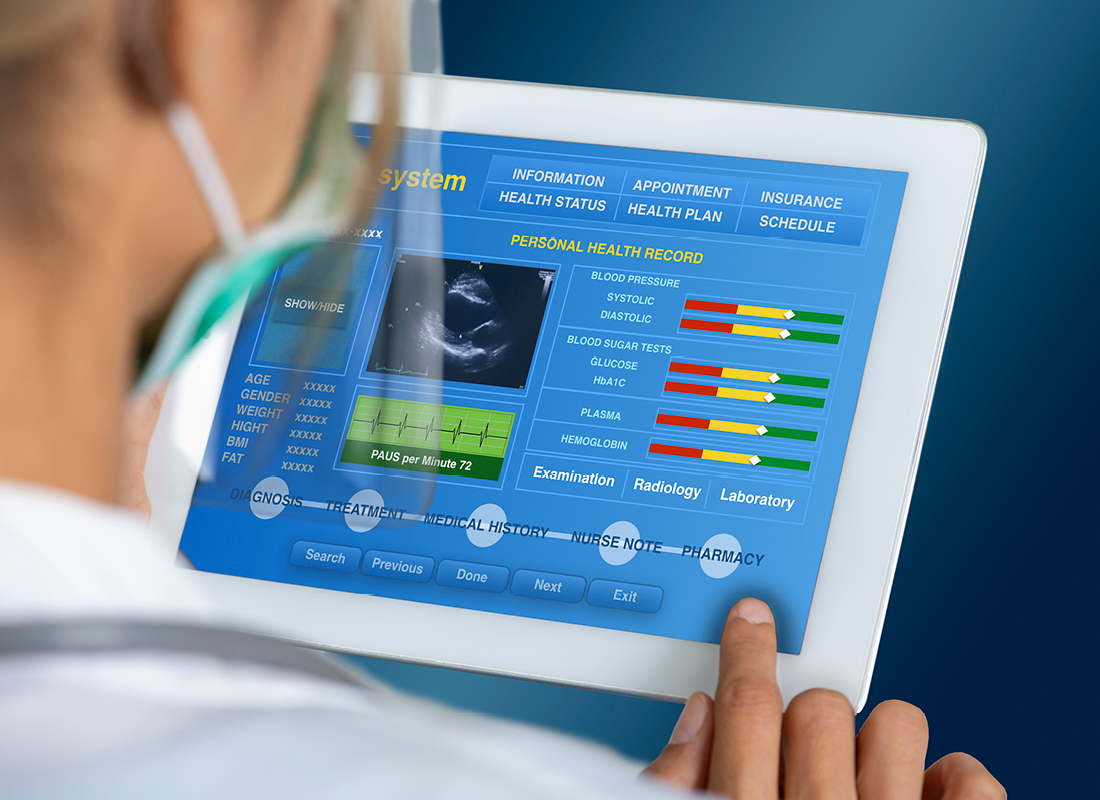Diagnostic Health Consultant: A New Role Proposed for the Clinical Laboratory
While still in the early stages, Clinical Lab 2.0’s pitch for this new position fits with the need to better use lab data

Some influential voices in the clinical laboratory industry are touting a new position that lab managers should become familiar with: diagnostic health consultant.
Among this role’s biggest responsibilities? Working with lab test data to help determine what assays will benefit patients the most based on an individual’s health records.
Should this position start to gain traction in the clinical industry, laboratories stand poised to better transform their data into proactive, personalized care.
Role proposal rises from Clinical Lab 2.0
Initial discussions about the diagnostic health consultant role have occurred with members of the Clinical Lab 2.0 initiative, which nonprofit Project Santa Fe Foundation (PSFF) launched in 2017. Clinical Lab 2.0 promotes the idea that while the current laboratory medicine model is reactive confirmation of a diagnosis through lab testing, the future of the lab industry, and one in which individual and population health can be improved, must instead use proactive prediction of disease through risk stratification of longitudinal lab data. In other words, labs must get better at tracing a patient’s health journey using diagnostic data.
Clinical Lab 2.0’s Education Committee has encouraged the creation of a diagnostic health consultant role in lab operations. Commission on Laboratory Accreditation (COLA) CEO Nancy Stratton, MBA, who also serves on the PSFF board of directors and is the board liaison to the Education Committee, presented this idea during the Clinical Lab 2.0 Public Workshop in March 2025.
Stratton explains to G2 Intelligence why the committee chose the name ”diagnostic health consultant.” She notes that during a previous COLA Workforce Action Alliance Summit, some participants vehemently opposed calling this individual an analyst, although there was majority agreement that the responsibility was the “analysis of data—looking at information and bringing it into the clinical picture.”
Labs can benefit from using both a traditional data analyst and new diagnostic health consultant, says Peter Hu, PhD, FACSc, FASAHP, associate dean of research and strategic initiatives and professor at the University of Texas MD Anderson Cancer Center.
“An analyst is someone who processes data but may not necessarily be the one who consults,” says Hu, who also serves as co-chair of the Clinical Lab 2.0 Education Committee. “Consultation in lab medicine doesn’t really exist in the current model.”
As such, there is currently no detailed explanation or preventive care steps taken based on laboratory results, which is where the diagnostic health consultant would step in, he adds.
Stratton continues that because there are so many tests currently available, a diagnostic health consultant would have the education and experience to understand what the “right test [is] for the right patient at the right time.”
Exact qualifications still needed for diagnostic health consultant
Hu and Stratton agree that there needs to be additional discussion around the exact qualifications for the new role and that they may differ for various types of testing. They propose collaborative efforts from academic institutions, program directors, pathologists, and laboratory leaders to further flesh out the necessary criteria for this role in order to implement it effectively to achieve better patient outcomes and support population health.
While these ideas to employ data analysis and consultation would certainly benefit patients and offer health systems cost savings through avoidance of chronic treatments and disease care, laboratories with already tight budgets and understaffing problems may have a difficult time hiring more people.
Stratton says lab leaders have to go outside of the laboratory and help key stakeholders understand the whole picture. Hu adds that one way to promote this updated approach to decision-makers is to illustrate how it would be better for the patient and that “the focus should always be patient-centric.”
Shift in how to use diagnostic data
Clinical laboratory data has largely not been harnessed, particularly by labs themselves. In America, patients often switch insurance coverage and providers, which means they are more likely to obtain laboratory services from various facilities, too.
Without a more widely connected electronic records system, an individual’s lab data may not follow them to new providers, thus being lost in the ether. If left unaggregated, this data cannot inform treatment for the individual patient by showing changes over time, nor can it offer insights that could positively impact population health.
The evolving role of laboratory data, from offering a passive confirmation of diagnosis to a predictive approach, could be a pivotal moment in healthcare. Initiatives like Clinical Lab 2.0’s proposal for diagnostic health consultants signal a shift toward integrating data analysis directly into patient care.
While challenges like funding and workforce development persist, clinical laboratories should evaluate the benefits of such transformation, including improved outcomes, future cost savings, and proactive healthcare.
Subscribe to view Elite
Start a Free Trial for immediate access to this article